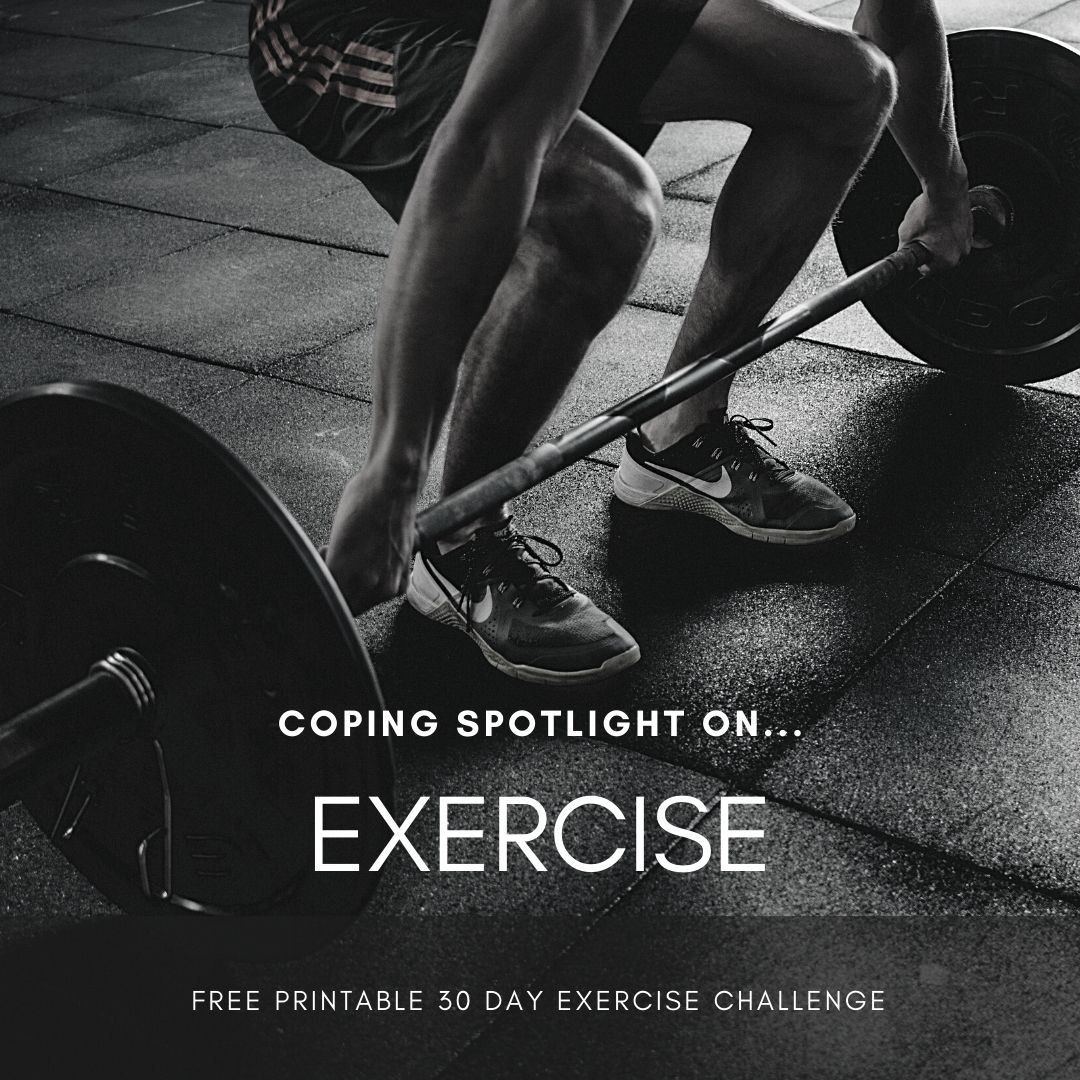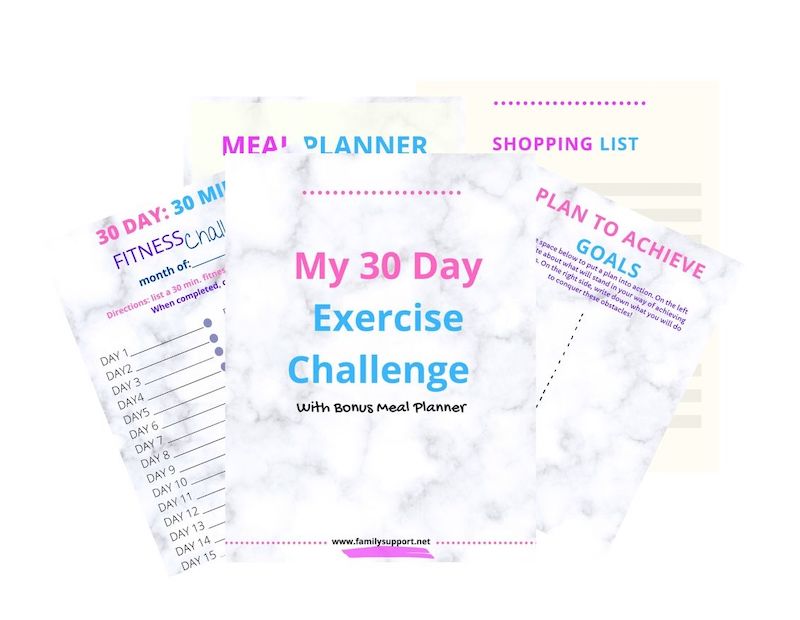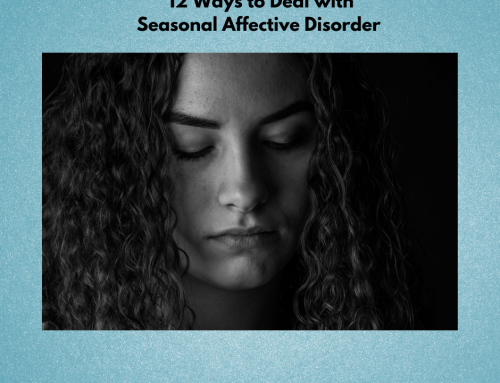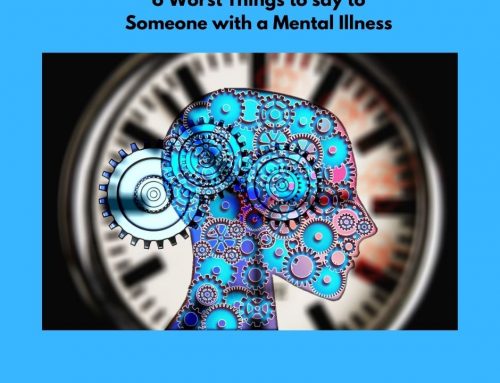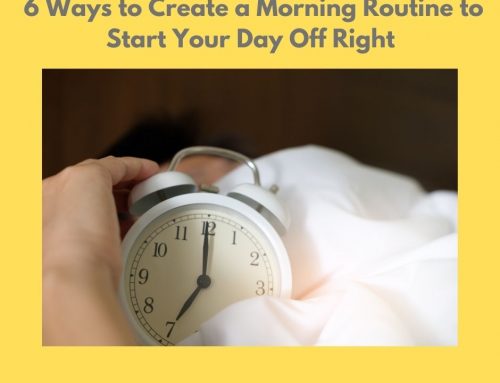When you wake up in the morning, what’s the first thing you think of to do? Personally, I wake up and want to go right back to bed. Or, I can’t wait to get my hands on a cup of coffee. As much as I know that exercise should be a part of my morning routine, getting into that habit is easier said than done.
Nonetheless, as hard as it can be to drag myself out of bed and into some workout clothes, I know that if I’m going to develop an exercise habit, it’s gotta be in the morning; mornings are when I’m more motivated and least likely to talk myself out of it. As well, when I exercise, I feel great and proud of myself and I also tend to accomplish more that day.
Not surprisingly, doctors are always encouraging their patients to exercise as it has long been determined that the benefits are far reaching. Not only does exercise improve your physical condition and help fight illness, but it also has a large impact on your mental state. Whenever I get stressed out or worried about something, I always feel better after I’ve exercised. Aside from feeling better, I also usually see things more clearly and am more capable of dealing with whatever is bothering me.
Studies have shown that exercise reduces stress, helps with memory, fatigue, concentration and anxiety. A person’s body and mind are interconnected. If the body is strong and healthy, then it is likely that the mind will be affected in a positive way. Exercise and other physical activity stimulate the production of endorphins which are chemicals in the brain that are considered to be natural painkillers. Endorphins also trigger a positive feeling in your body and can raise your energy level.
Some people’s symptoms of anxiety are greatly reduced and improved with just 10-15 minutes of moderate aerobic exercise a day. I don’t know about you, but I know I can always fit in 15 minutes of exercise a day. I just need to be organized, strategic and I need to use lots of self-talk.
I usually dread working out and it’s often something I just want to get over with, so self-talk is key for me. Many times, something simple like “just do it,” does the trick and gets me going. For days that you need an extra push, make sure you have a mantra or some positive self- talk ready to go. Be ready with it, so you can pull it out of your pocket the minute you start to resist following your exercise plan.
Another important tip that you need to follow in order for your routine to remain consistent, is to exercise regularly and weekly. As mentioned, regular exercise releases endorphins which not only reduce anxiety, but also help you cope with some of the symptoms of anxiety: exercise improves mood, concentration, confidence, body image, sleep, muscle tension and more.
Exercise & Mental Health
- Releases endorphins
- Distracts you from what you are anxious about and therefore…
- Lowers anxiety and stress
- Must be aerobic to get the positive effect
- Requires regular and long-term commitment
So, what does this mean for you? It means that you should make a plan that works for you. Don’t set your sights too high. If you try to do too much right away, your plan could backfire and could set you up for failure, not success. When making a new plan, it’s always important to ask yourself, “what might stand in my way of achieving my goals?” Once you’ve figured out what your obstacles will be, think of some solutions to put in place in order to conquer those barriers. An example of this is the one I gave you earlier that I use for myself. I know that my self-talk can stand in my way. It would be very easy for me to convince myself to do something else, anything else, other than exercise. So, I have my mantras and challenging positive self-talk ready to go.
Start small, gradually and with baby steps. For example, instead of telling yourself that you are going to exercise 4x a week for an hour each day, start smaller, such as 2x week for 20 minutes/day. By starting smaller, you are more likely to achieve your goals and feel as though you’ve accomplished something. Each week, add to your exercise routine. Week 2 could remain at exercising 2x/week, but instead of 20 minutes/day, you can increase it to 30 minutes/day and so forth.
Which type of exercise should you choose to do? The good news is people experience the benefits of exercise no matter what they participate in. The important thing is to try a variety of activities and to keep doing them; activities such as dancing, swimming, walking, running, jumping jacks, jump rope…anything, they all work!
To Get the Most Out of Exercise:
- Make sure you choose something that you enjoy doing so that you will continue with it long term
- Write down what your exercise plan is and stick to it. Writing things down makes them more tangible and you are more likely to follow through
- Make sure the exercise is moderate and gets your heart rate up
- Work out with a friend for added support and enjoyment
- If weather permits, get outside for fresh air while you exercise. Fresh air also helps reduce anxiety
Get moving, work up a sweat and try to remember how good you feel after you’ve exercised. Hold on to the feeling as a way to encourage you to do it again.
Free 30-Day Exercise Challenge
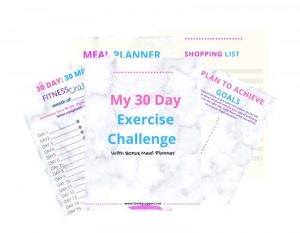
One of my favorite ways of keeping track of my goals is by writing them down. It helps me keep my plans organized and clear in my head. I have always been more likely to accomplish my goals if I can see them; it tends to keep me focused and on the right path.
I thought it would be great to include a 30-day exercise challenge that you could print off at home. In this challenge, you are asked to write down 30 days’ worth of exercise goals- tailored to you. Anything and everything is a step in the right direction.
As a follow up to your goals, you will identify what your own unique obstacles will be and what solutions you can put in place to overcome them. Good luck!!

